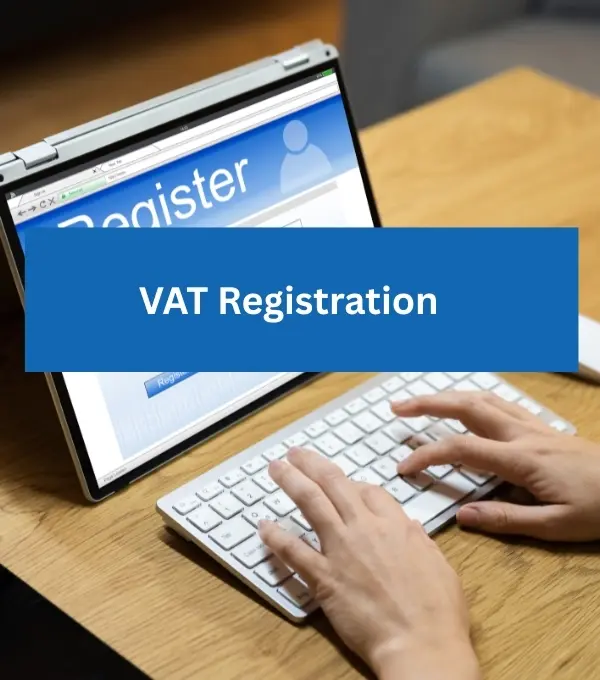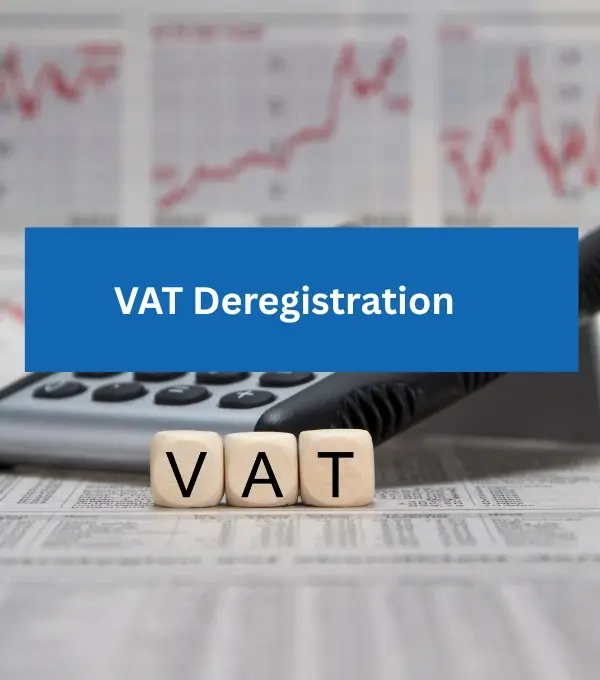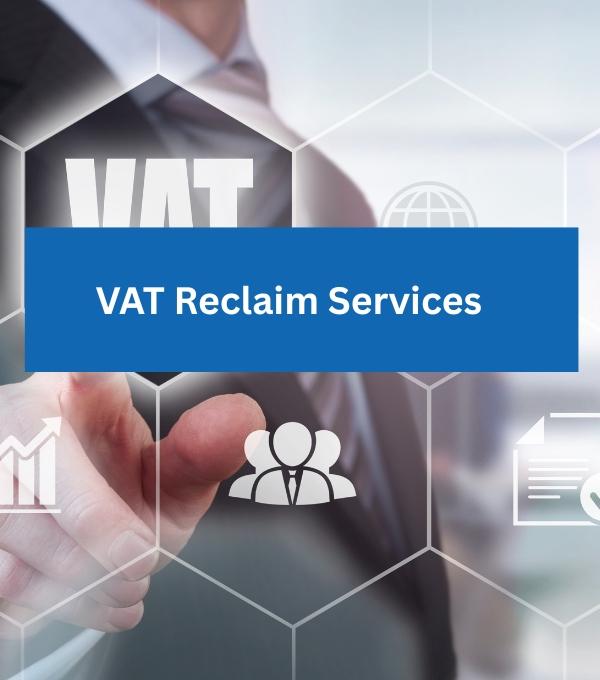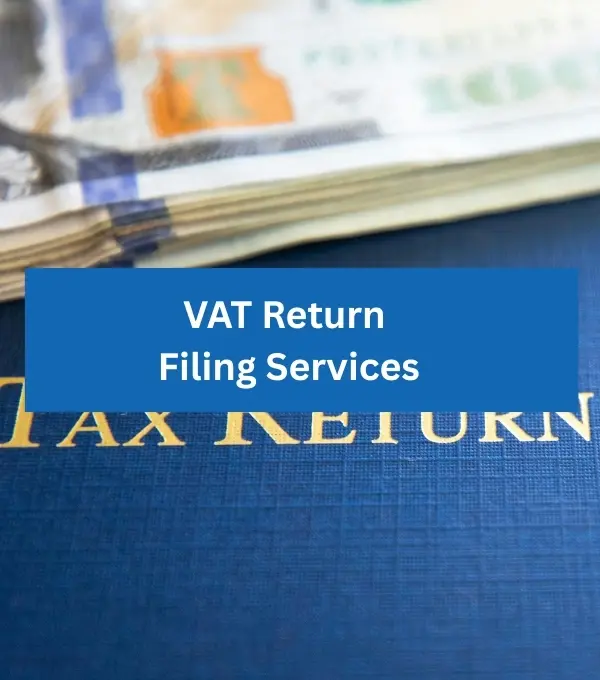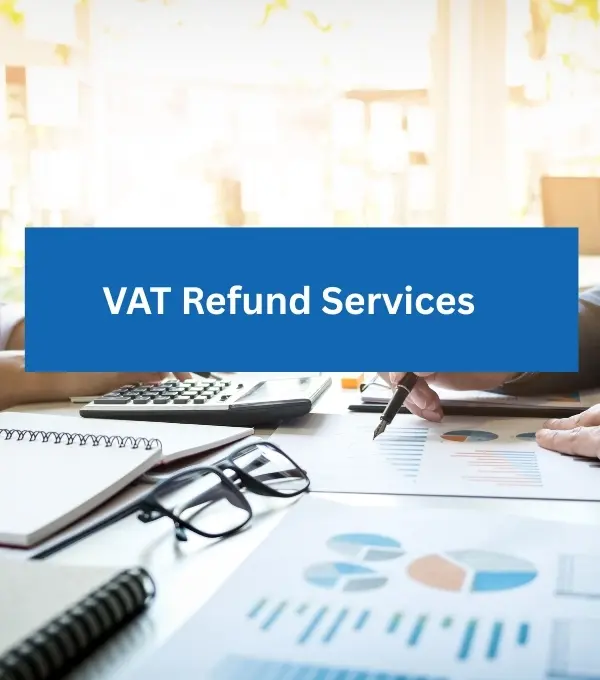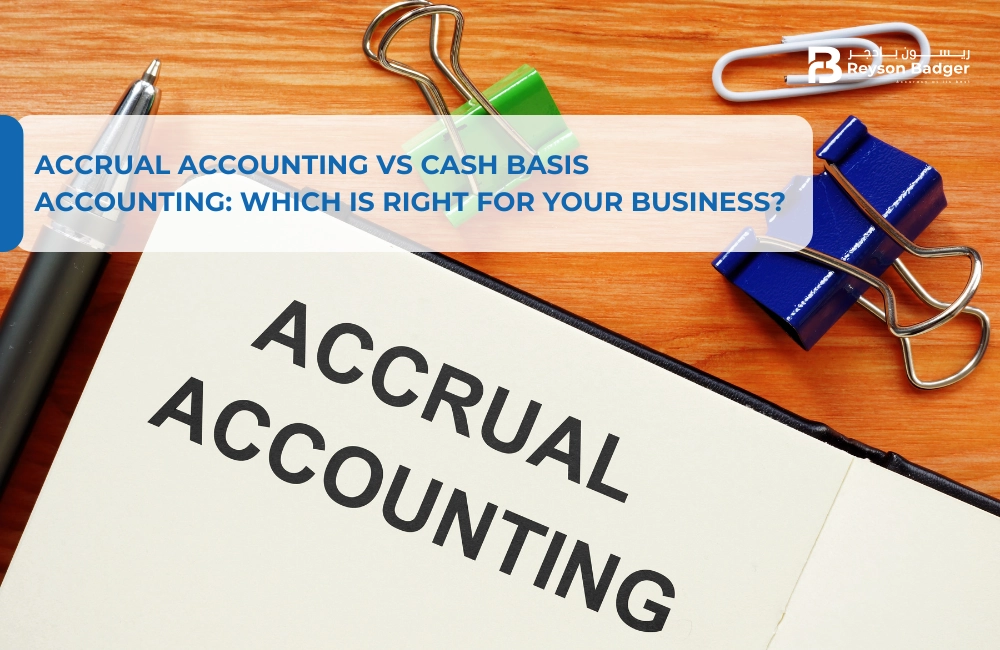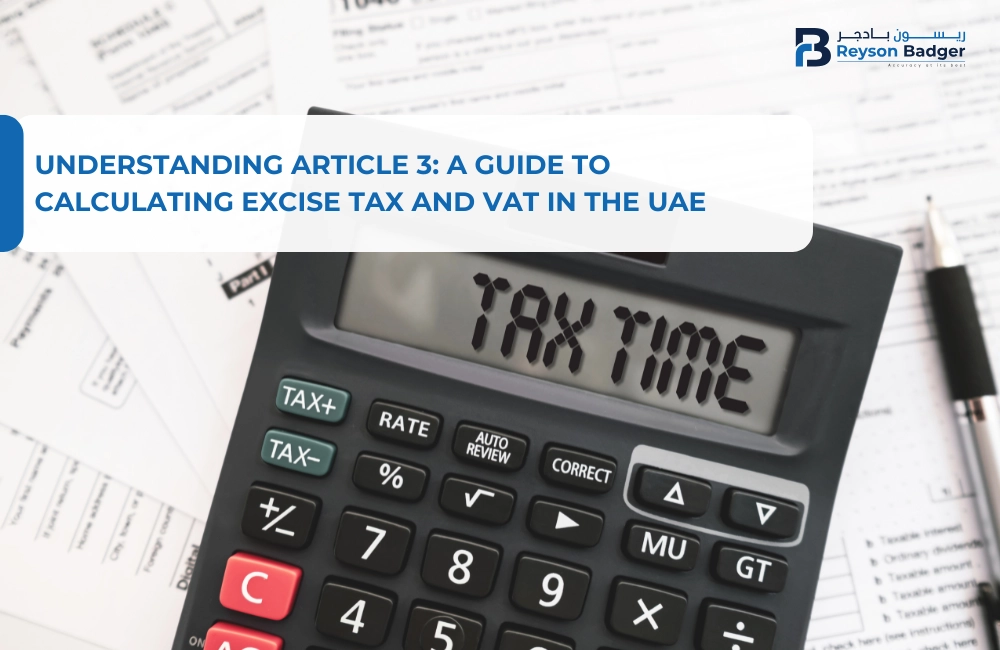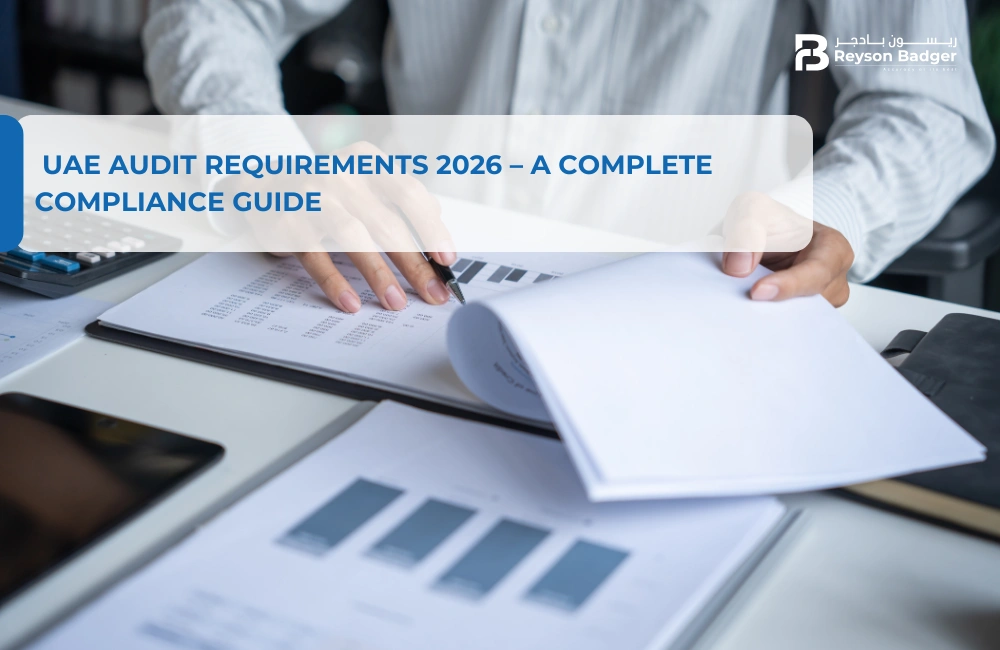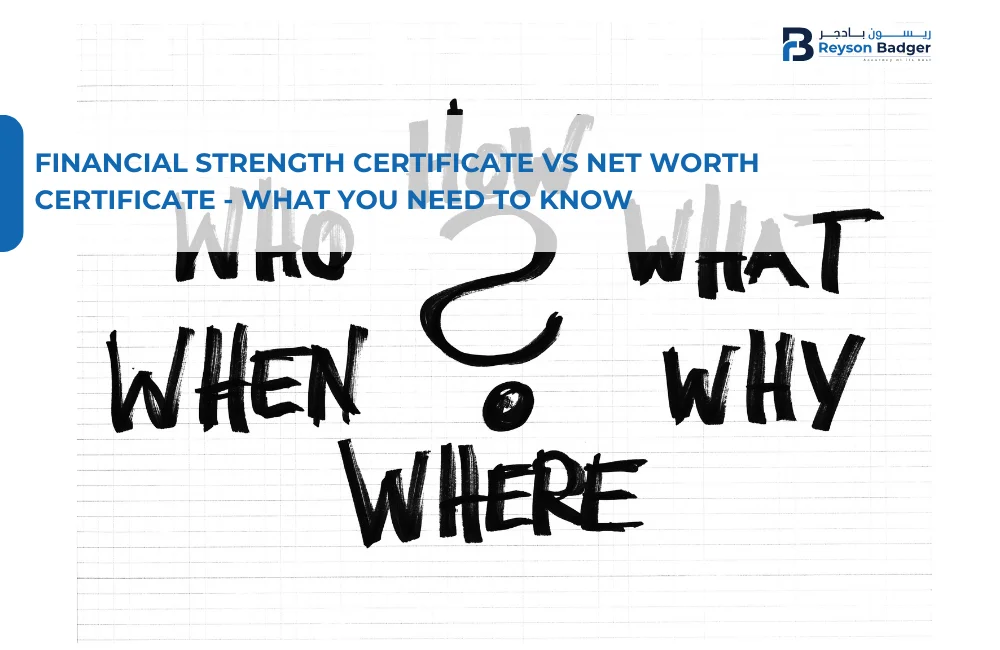The UAE's e-commerce sector is booming, with online sales continuing to surge as more businesses and consumers turn to digital platforms for convenience and accessibility. As the digital economy grows, so does the importance of VAT compliance for online businesses. In Dubai, VAT registration is a critical requirement for businesses that meet certain thresholds, and understanding the intricacies of VAT is essential for e-commerce companies to avoid penalties and ensure smooth operations.
Understanding VAT for E-commerce in Dubai
VAT (Value-Added Tax) is a consumption tax levied on the value added to goods and services. For e-commerce businesses in Dubai, VAT compliance is crucial to avoid penalties, fines, and reputational damage. Understanding VAT applicability, registration, and filing requirements is essential for online businesses to operate successfully.
VAT service applies to online sales of goods and services in the UAE, including digital products and services. E-commerce businesses must determine whether their online sales are subject to VAT and register accordingly. The standard VAT rate in the UAE is 5%.
In the UAE, businesses with annual taxable supplies exceeding AED 187,500 (or AED 250,000 for certain specified sectors) are required to register for VAT. E-commerce businesses that meet this threshold must register for VAT to comply with regulations.
Key Challenges Faced by E-commerce Businesses
- Complexities in Cross-Border Transactions
E-commerce businesses operating across borders face complexities in determining VAT applicability, rates, and compliance requirements. Navigating these complexities can be challenging, especially for businesses with limited resources.
- Managing VAT on Digital Services and Products
E-commerce businesses must manage VAT on digital services and products, including determining the place of supply, VAT rates, and compliance requirements. This can be particularly challenging for businesses offering digital products and services.
- Issues with Invoicing and Record-Keeping
E-commerce businesses must ensure accurate invoicing and record-keeping to comply with VAT regulations. This includes issuing compliant invoices, maintaining records of sales and purchases, and ensuring data integrity.
- Navigating Frequent Regulatory Updates
VAT regulations and requirements can change frequently, and e-commerce businesses must stay up-to-date to avoid non-compliance. This can be challenging, especially for businesses with limited resources and expertise.
Why is VAT Registration in Dubai Essential?
- Legal Requirement for Businesses Exceeding the Threshold
VAT registration is mandatory for businesses in Dubai that exceed the threshold of AED 187,500 in annual taxable supplies. Registering for VAT ensures compliance with UAE tax laws and avoids penalties.
- Penalties for Non-Compliance
Non-compliance with VAT regulations can result in significant penalties, fines, and reputational damage. Businesses may face penalties for late registration, late filing, or incorrect VAT returns.
- Building Customer Trust through Transparent VAT Practices
VAT registration demonstrates a business's commitment to transparency and accountability. By displaying the VAT registration number and charging VAT correctly, businesses can build trust with customers and enhance their reputation.
- Competitive Advantage in the Dubai E-commerce Market
VAT registration can provide a competitive advantage in the Dubai e-commerce market. Compliant businesses can participate in government tenders, contracts, and partnerships with other compliant businesses.
Best Practices for VAT Compliance
- Early and Accurate VAT Registration in Dubai
Register for VAT as soon as your business exceeds the threshold or voluntarily registers. Ensure accurate registration details to avoid delays or rejections.
- Implementing Robust Accounting and Invoicing Systems
Implement accounting and invoicing systems that can handle VAT calculations, reporting, and compliance. Ensure systems are compliant with UAE VAT regulations.
- Training Staff on VAT Processes and Updates
Train staff on VAT processes, procedures, and updates to ensure compliance and minimize errors. Provide ongoing training to keep staff informed about changes to VAT regulations.
- Consulting with VAT Experts for Ongoing Compliance
Consult with VAT experts to ensure ongoing compliance with UAE VAT regulations. Experts can provide guidance on VAT registration services , filing returns, and audits.
- Leveraging Technology for Automated VAT Calculations
Leverage technology to automate VAT calculations, invoicing, and reporting. Automated systems can reduce errors, increase efficiency, and ensure compliance with UAE VAT regulations.
Conclusion
Dealing with UAE VAT for e-commerce can be tricky, especially with things like cross-border sales, digital services, and keeping up with rules. But if you get a head start on VAT registration, set up solid accounting, train your team, and chat with VAT pros, you can stay compliant and reduce risks. At Reyson Badger , we’ve got a team ready to help you with registration, compliance, and using tech for easy VAT calculations. Work with us and you can concentrate on building your e-commerce business while we take care of your VAT.
 The Federal Tax Authority (FTA) has announced that businesses must complete Corporate Tax registration within 90 days from the Date of Incorporation / MOA.
The Federal Tax Authority (FTA) has announced that businesses must complete Corporate Tax registration within 90 days from the Date of Incorporation / MOA.




